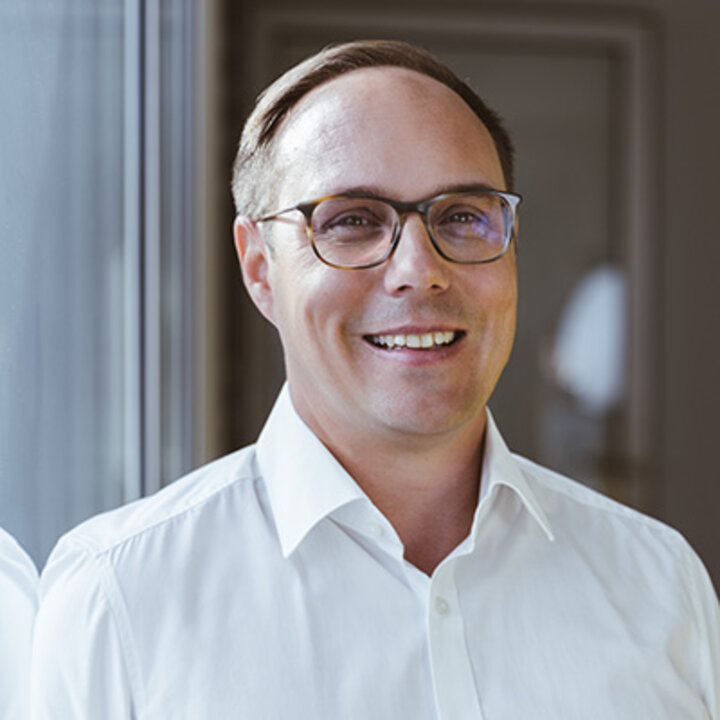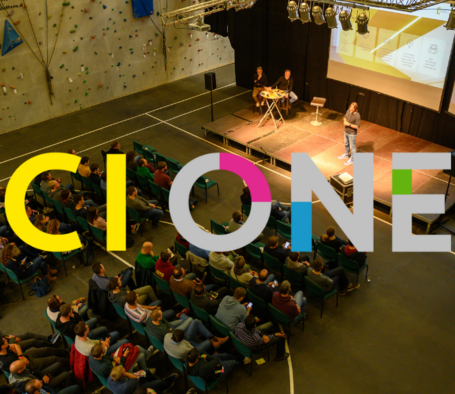

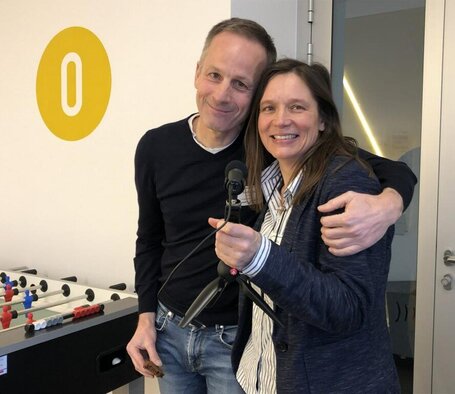
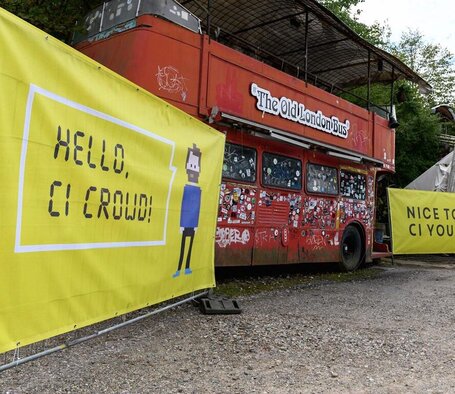
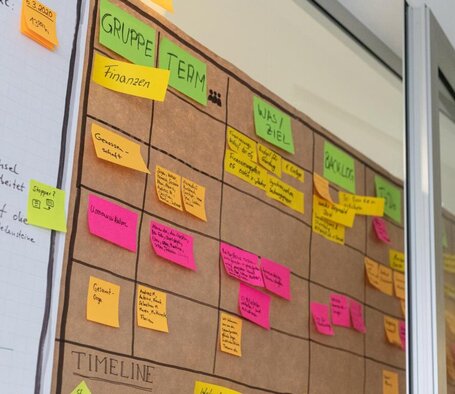
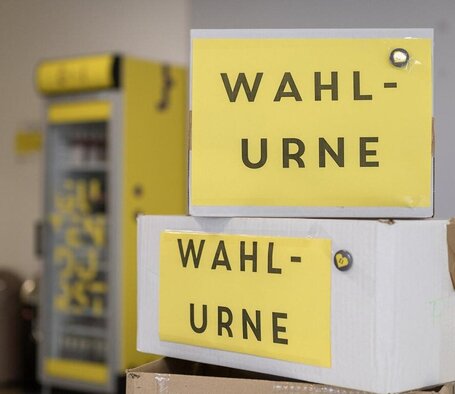
In October 2020, we founded our employee cooperative CI One. We had already set out on the journey eleven months earlier, when our three founders made a proposal to the CI community for a rather unusual entrepreneurial succession.
Why did we choose a cooperative, of all things, as the successor to an entrepreneur? We see many advantages in it.
The path from an owner-managed IT company to an employee cooperative was and is exciting. But why did we decide to do this in the first place? Because this legal form offers us many advantages:
Preserving what is good together, developing what is common together, shaping the future together.
These are the foundations of our cooperative. And it is also what motivates our founders Andreas Deick, Andreas Melzner and Christoph Möller in transfering Cologne Intelligence to their employees - through a process at eye level.
From the very beginning, we worked out the basic pillars for our cooperative in the usual corporate manner: namely with everyone and across all levels of the company. Together, we discussed and analyzed while evaluating the feasibility of the undertaking.
We want to continue to live participation and co-determination in our daily work - CI One only provides the formal, organizational framework for this. After the handover by our founders, it is now possible to carry on. Our goals: Continuing the spirit already lived today and expanding the already high degree of co-determination even further.
The cooperative work has already shown a positive effect: Our previously good working atmosphere and corporate culture have increased even further. As a result, we see ourselves challenged to think and act for the CI Group even beyond the scope of our daily tasks.






How do the shares of the existing shareholders actually end up in the cooperative? Here is our simply explanation of our financing model.
After CI One was founded, the previous shareholders - CI founders Andreas, Andreas and Christoph - sold 90% of their shares to the cooperative in one go.
The cooperative first paid the full purchase price to Andreas, Andreas and Christoph. They in turn pay tax on the purchase price and give the remaining amount to the cooperative as a loan. The taxation creates a difference between the purchase price and the capital, which flows back to the CI Group via the loan. HypoVereinsbank, which we chose after intensive deliberations, finances this difference through a loan. The purchase price is based on the enterprise value. This was determined on the basis of two standard valuation models.
The cooperative thus takes out two loans: one from the CI founders and one from the bank. The latter repays it from the CI Group's profit surpluses.
Cooperatives have history and there are many interesting pioneers and companies that we have encountered and inspired in our cooperative work. Here are a few examples:
Robert Owen (1799): factory manager, cared for more humane working and living conditions in the cotton spinning industry
Friedrich Wilhelm Raiffeisen (1847/1862): founded a charitable relief association to support the suffering of the rural population Darlehenskassenverein / origin of Raiffeisen banks
Hermann Schulze-Delitzsch (1849/1850): Advanced association at Delitzsch / Origin of the people's banks
Iteratec | nurdemteam eG
madiba consult | madiba academy
